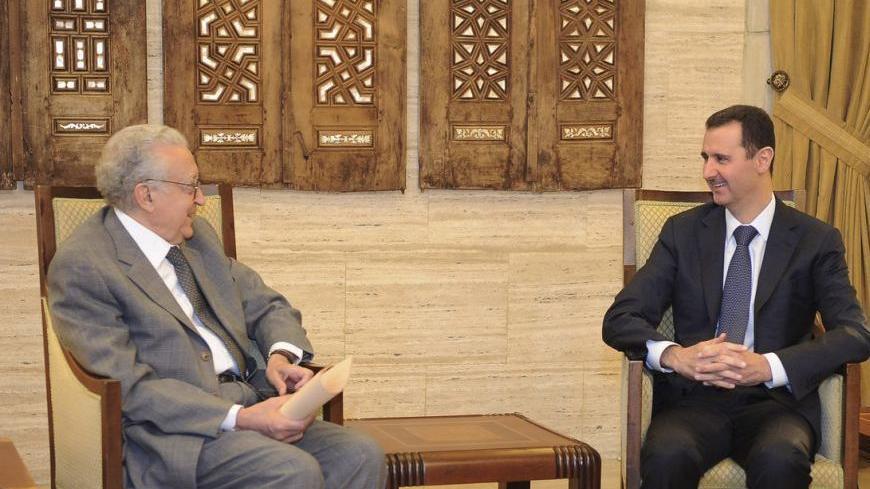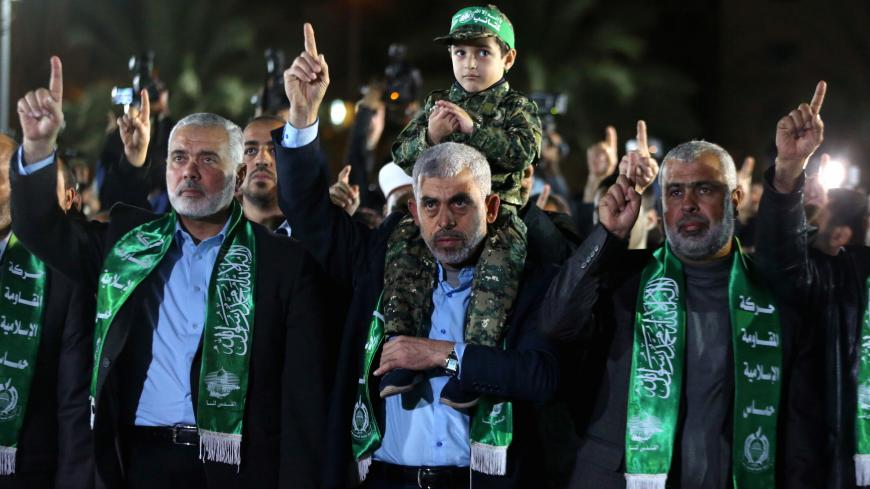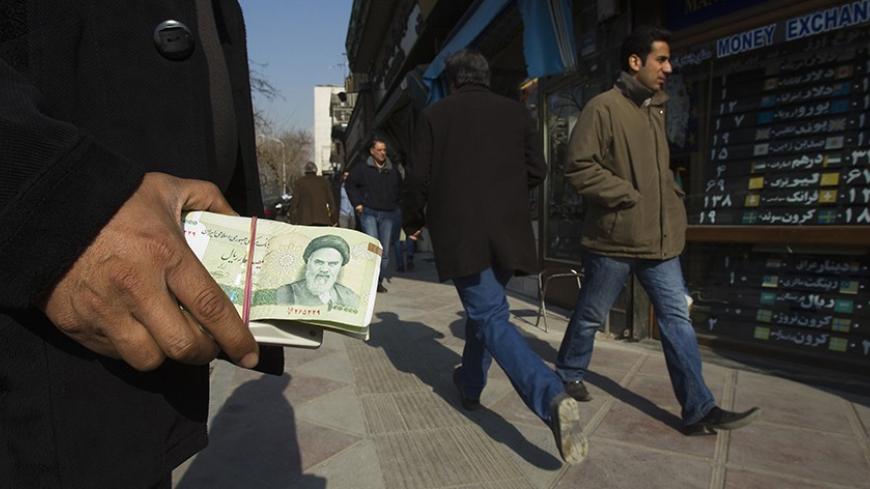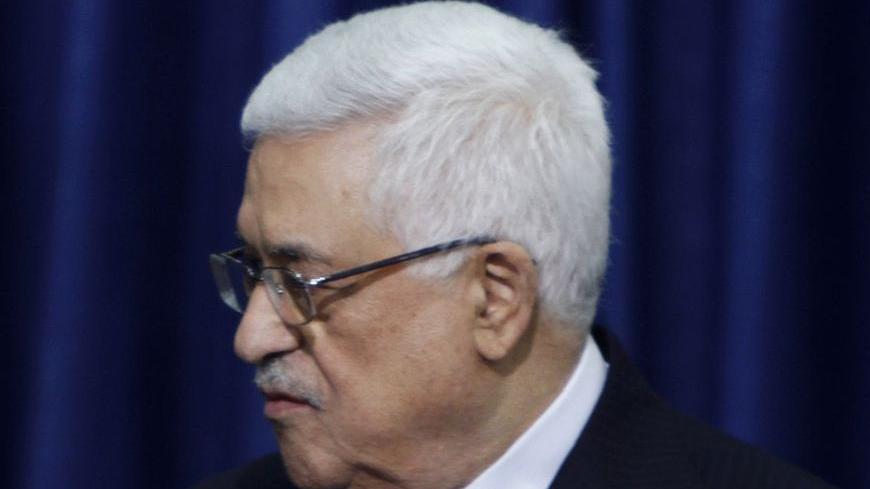Iran Sends Message on Gaza, Syria
In the Gaza conflict, Iran reveals that it has the wherewithal to shift the equation and provide some payback, even in areas where its adversaries hold sway.
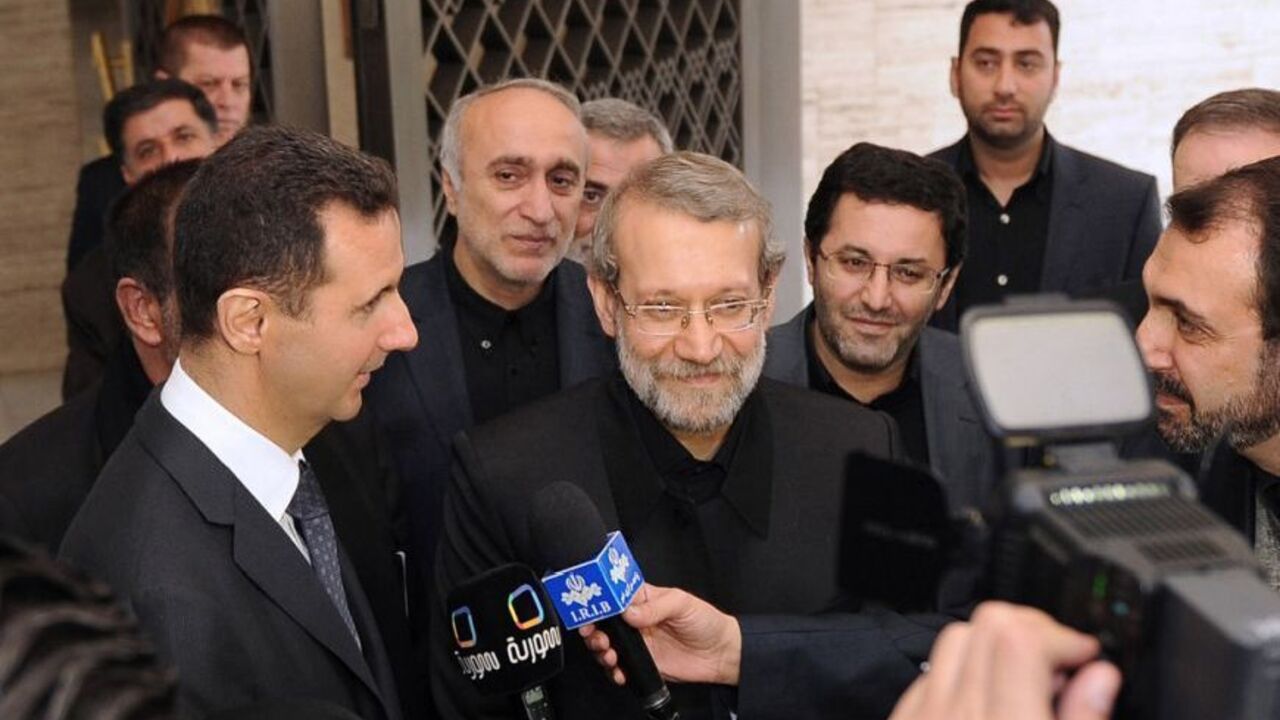
Iran sent a message last week to the West, the West’s Sunni allies and Israel that it will challenge any attempts at Sunni hegemony in both Gaza and Syria.
While all politics are local, in the Middle East there's an overlying sectarian conflict in play.



